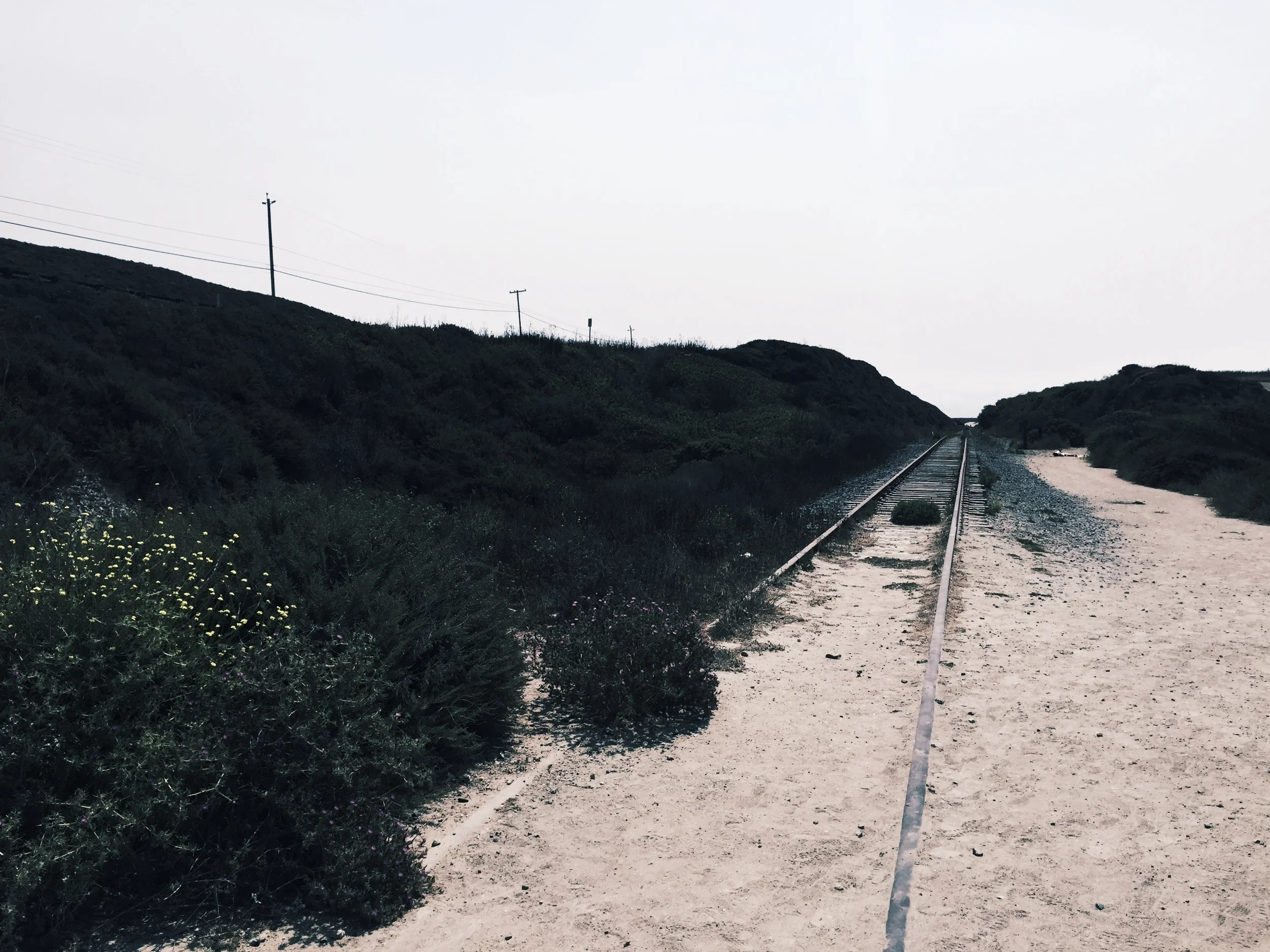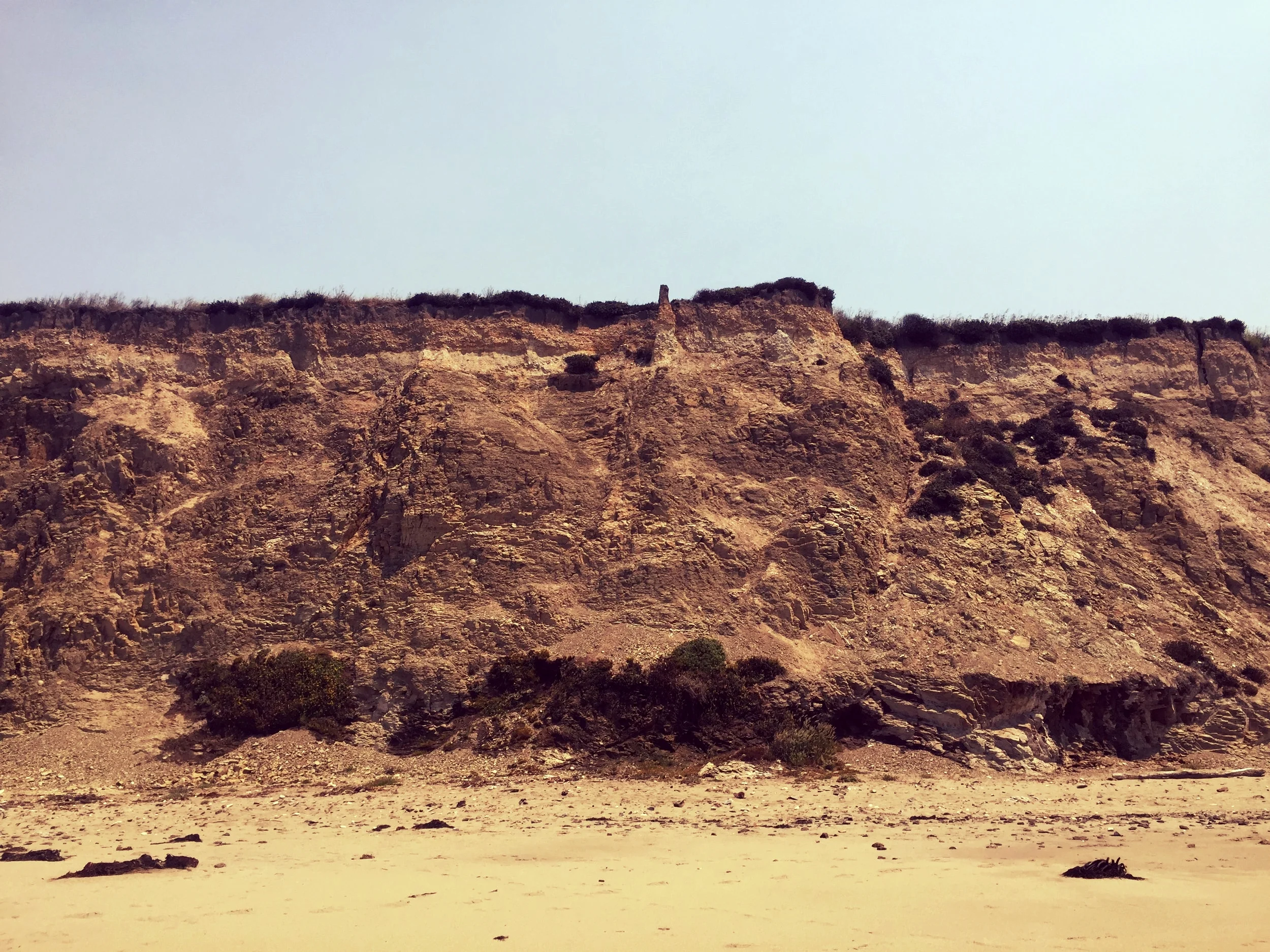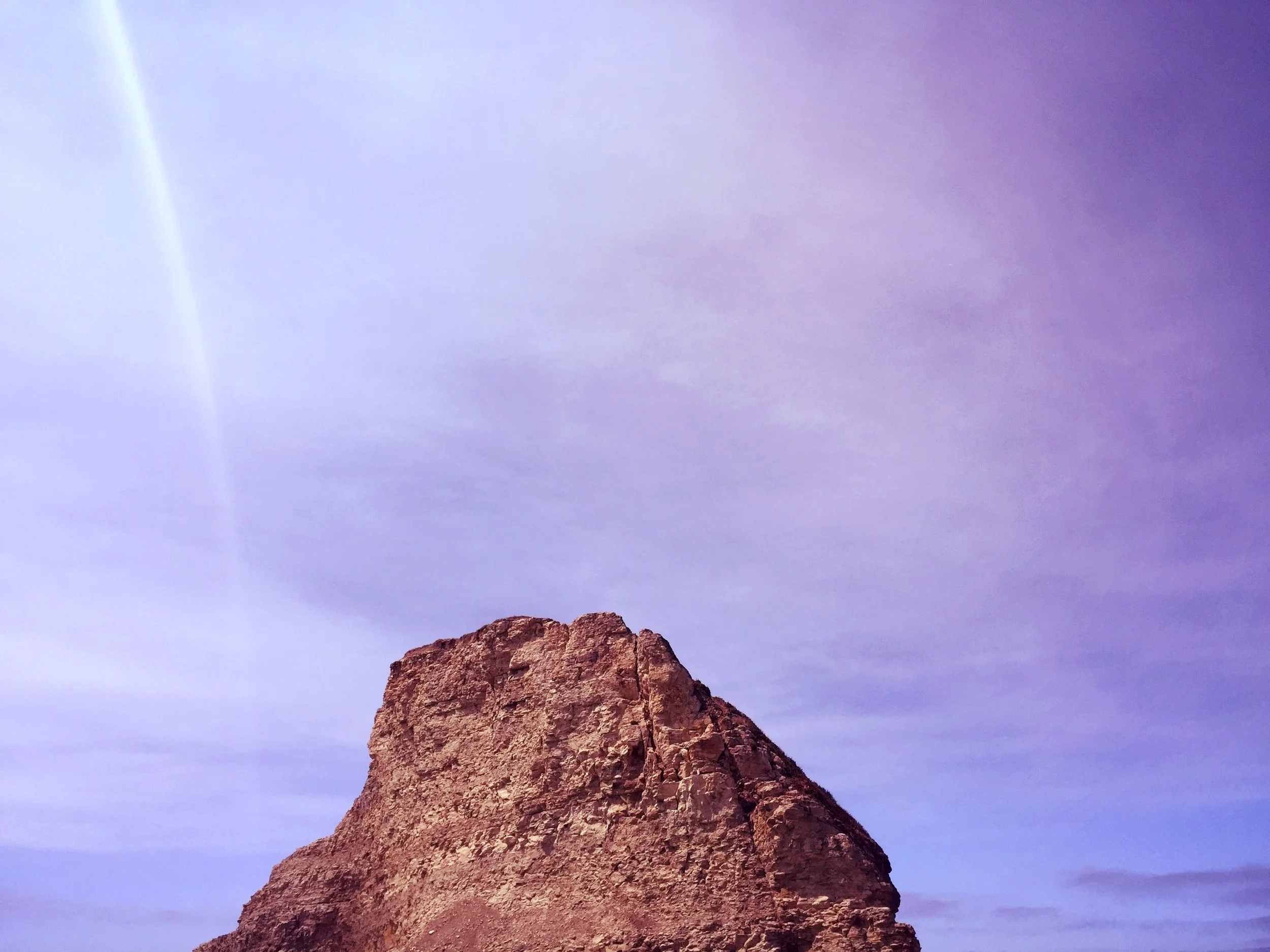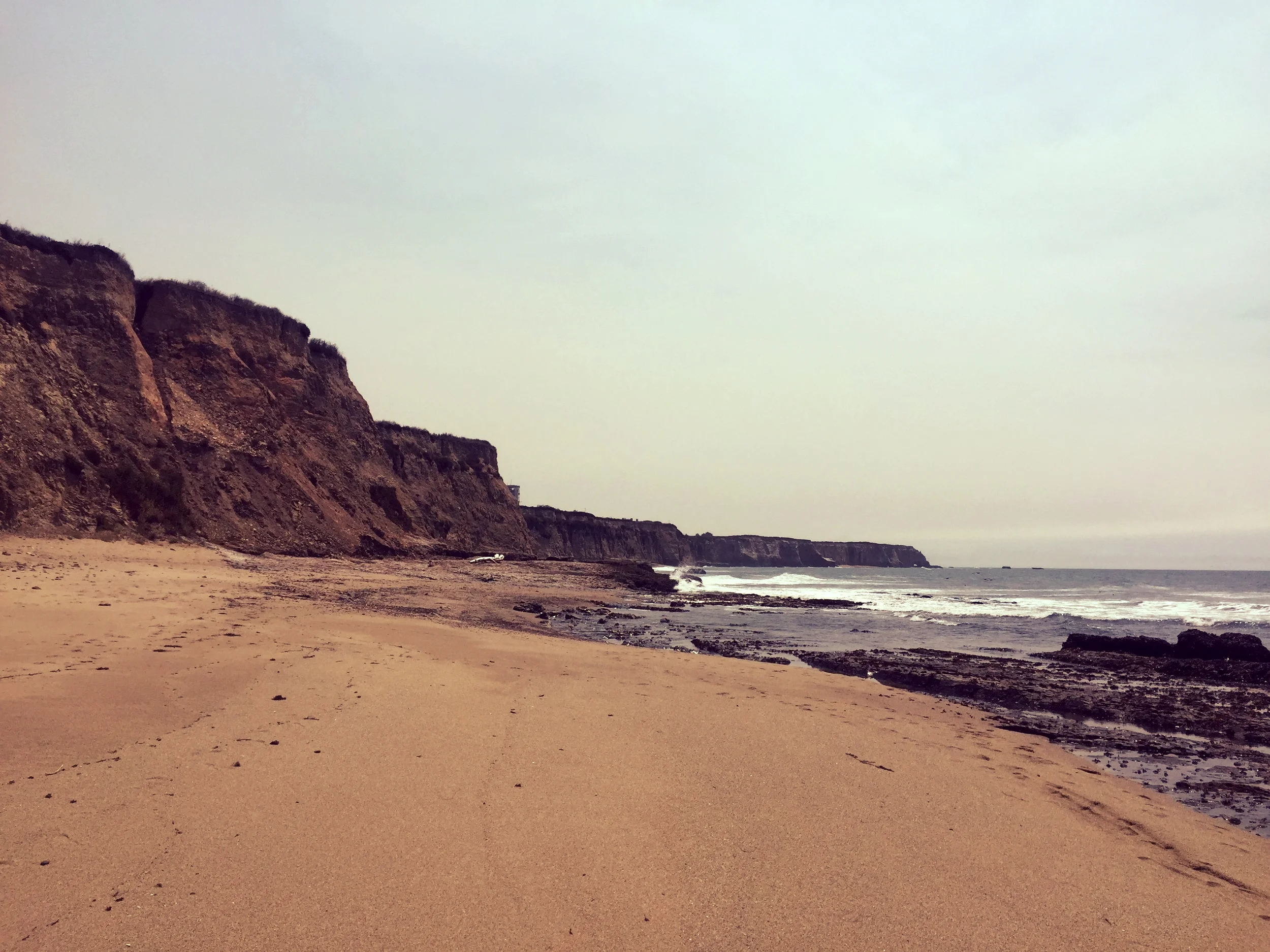Lifting the Shroud: A Novice’s Personal Perspective on Coming Out and Pride
In my hometown, the most anticipated event of the summer is the Stampede, a ten-day rodeo and fair of amusement, ten-gallon hats, and of course, plenty of yahoos and yeehaws. It’s the closest our city gets to its romanticized Western roots, and a party atmosphere pervades the stores with colour-drenched murals, the offices with cowboy wear instead of business suits, and the neighbourhoods with breakfast barbeques. Going this year was a special moment for me.
We were at the midway, on the Ferris wheel just after the sun drifted beneath the horizon, and the entire Stampede grounds had burst into multitudinous light of all colours. Spinning thrill rides and splashes of fiery yellows and reds from the test fireworks all painted the evening canvas under the gleaming crescent moon. The Ferris wheel stopped just shy of the top, and we were overlooking the whole midway.
Sounds romantic, doesn’t it? Like something straight out of a movie? Maybe the climax of a second-rate rom-com where the protagonist finally gets to confess, “I love you”?
Here’s the catch: by “we”, I mean my close group of friends, and I really said, just as sincerely, “I love you guys in the most platonic way possible!” Because being ace, that’s about as far as I’ll go, and now, I’m completely comfortable with that. Save the birds and the bees; that just isn’t me.
I only started identifying as asexual in December of last year, around the end of my first semester of university. Before then, like many aces, I simply believed that I was straight and that I just hadn’t found the right person yet. Having gone the entirety of my high school years without feeling any kind of attraction towards anyone, I began to feel isolated from the “normal” adolescent experience and questioned if there was something fundamentally wrong with me, with who I was. There was no word that I knew of for this: the lack of sexual attraction. I wasn’t straight, I wasn’t gay, or bi. Was I nothing? Nobody had called me broken, but maybe it was worse when it was me wondering that about myself, since it felt as if there was this base component of human nature that was in everybody except me.
I thought little of it at first, but when friends began to date, to ask who’s hot and who’s not, to encourage me to create a Tinder profile to see who I found to be a “snack”, these anxieties swirled around in my mind. Finally, I opened up to one of my best friends about what I was feeling over the past year. The anxieties, the worries that were festering quietly, but not quite invisibly, came spilling out. He suggested I look into “asexuality”, an alien term to me at the time. One Wikipedia article and a few Internet searches later, I found relief. It all began to make sense, all those awkward moments, the feeling of being out of the loop my entire life. I was asexual. What was even more, there was an entire community of aces. I wasn’t alone.
My initial elation soon turned into hesitation. I began to read and hear from fellow aces of the stories of erasure. Those who, when coming out, were told it was a phase, that they hadn’t met the right person yet, that they were prudes or plants. For some, asexuality simply made no sense; it was unnatural. How would my friends react if I told them I was ace? Family? What about my parents, whose vision of my future is one with a wife, kids, and a white picket fence? What if I disappointed them with this part of me that I had no control over? My anxiety of being broken was replaced by one of coming out. I was largely content with how people perceived me when they thought I was straight. If I told them I was ace, I could lose that. What if they perceived me differently, negatively, as an emotionless robot or worse? For months, aside from other aces and that one friend who told me about asexuality, I kept it all to myself. I carried this secret wherever I went. It was as if there was a shroud that has been hanging over me, invisible to everyone but myself. It covered my true self with the lingering doubts and latent anxiety that my orientation is a burden to be kept secret.
The problem about carrying things for prolonged periods of time is that eventually, your hands get tired. The longer I kept this secret, the less I desired to hide it. Why should I have to fear being perceived or treated differently? Can’t asexuality be considered as valid as heterosexuality? I became frustrated; I felt that keeping my closest friends in the dark about this fundamental part of my identity was doing a disservice to them. These people had opened up so much of their lives to me, and I was not reciprocating. They were friends I was fairly confident would be supportive; they had my back in the good times and bad in the past. If I wasn’t being honest with them, I couldn’t be completely honest with myself. Was I seeking validation? Maybe, but I believe that what I desired the most was acceptance of this newly discovered integral part of my individuality.
June came around, and it was Pride Month, the optimal time to test out the waters. I came out to several more friends, all of whom were generous in their amazing and comforting support. What was more, it felt amazing to come out. I felt catharsis, as if a burden was lifted off my shoulders. It was a personal step forward. Perhaps most of all, I felt empowered, and now I wanted to let the whole world know.
Fast forward another month to now. As I write this, my local ace and aro group is preparing for our second, and my first, Pride Parade in September. Fortunately, the local LGBTQ+ community has been extremely welcoming and open, and intersectionality is the norm, not the exception. It’s time for me to lift the shroud.
In the beginning, when I first started identifying as ace in the few months after that December, I felt no sense of pride at all; why should I be proud of being asexual? Now, I find great value in the concept of pride. To me, pride is about proclaiming to the world that yes, asexuality is real, and yes, we are here to stay. Break down the barriers between communities, foster understanding with others. Maybe one day no one will have to feel insecure about being misunderstood for their asexuality, because it normalised in the everyday lexicon.
It’s about reaching out to those who may be asexual but unaware of the concept. This I owe to my past self. If there is a seventeen-year-old kid who couldn’t care less about sex or dating, but feels confident in himself, certain in his identity and orientation, and most importantly, if he doesn’t feel fundamentally broken, then I will be fully content with my own coming out.
I must also give credit to my close friends, to whom I owe so much thanks for their support and understanding. If it were not for them, I would still be lingering in the anxiety of uncertainty with regards to my sexual orientation. Their positive response to my coming out has also been a catalyst for my participation in Pride and the asexual community, and they are why I can now say, without shame, that I am asexual. Of course, not everyone is as lucky, and negative responses to asexuality prevent many aces from coming out. I count myself as immensely fortunate in this regard, because I had the friends to turn to in coming out. In addition, the welcoming and organized ace community has been a major factor in my ability to get involved in the Pride Parade.
To end off, I’ll loop back to the introductory anecdote of the Stampede Ferris wheel, while it’s still fresh in my memory. I wholeheartedly believe that my personal acceptance of my own sexual orientation has made me more accepting of myself in general. I used to fear showing excessive emotion to my friends likely because I did not understand them myself; now, with that certainty of what I am, of who I am, I can safely turn to them and say, “I love you guys in the most platonic way possible!” For me, that’s the most crucial aspect of pride: It’s about being comfortable with who you are, embracing the part of you that the world may not understand right now, but you do, and in the end, that’s the most important part that matters.





